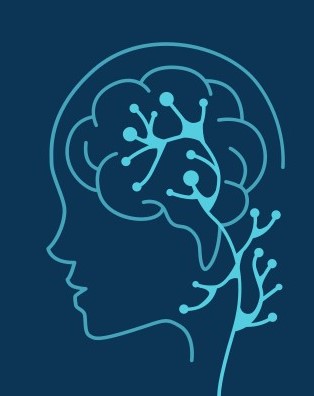Workplace bullying – it happens to everyone, and sometimes you are unaware that you have been or are the victim of workplace bullying. Research has indicated that workplace bullying has a detrimental effect on employee well-being. I have witnessed quite clever workplace bullying, disguised behaviour that masks the severity of it in the beginning. Workplace bullying can result in anxiety, depression, loss of confidence and even loss of identity.
WHAT IS WORKPLACE BULLYING? According to Nel (2019) workplace bullying is an umbrella term encompassing a range of subtle or obvious negative behaviours, including aggression, hostility, intimidation and harm. Einarsen et al. (2011) defined workplace bullying as harassing, offending, or socially excluding someone or negatively affecting someone’s work. For the label bullying (or mobbing) to be applied to a particular activity, interaction, or process, the bullying behaviour has to occur repeatedly and regularly (e.g. weekly) and over a period of time for instance 6 months. A conflict cannot be called bullying if the incident is an isolated event or if two parties of approximately equal strength are in conflict.
Workplace bullies are quite clever, their actions are mostly disguised and directed to recipients as subtle hints or comments in the beginning. Workplace bullying usually has five key elements:
- Negative/aggressive behaviour including harassment, social exclusion, emotional abuse, spreading rumours or physical attacks – thus workplace bullying may be person-related (i.e. isolation, social exclusion, false accusations, undermining, harassment, humiliation, threats, intimidation, manipulation and personal criticism) or work-related i.e. work overload, removing of responsibility, overruling decisions, controlling resources, unfair criticism, and blocking promotion and development opportunities).
- Frequency of the behaviour – although isolated incidents are typically excluded from the defining elements of workplace bullying, single incidents of extreme hostile behaviour may be classified as bullying if the behaviour causes severe negative consequences for an individual’s well-being
- Imbalance of power – this leaves the victim vulnerable. This imbalance of power is not limited to positions of authority and can occur upwards, downwards, horizontally and across levels.
- Harmful effect – includes negative physical and psychological effects on the victims’ health and well-being. On the one hand psychological problems may include poor mental health, post-traumatic stress, burnout and depression, and on the other hand physical problems include chronic disease, headaches, higher body mass, increased substance use sleep disruption and increase in cardiovascular disease.
- Prolonged duration
In the workplace, people want to flourish, which one cannot do when bullied because of the negative emotional, physical and psychological effects. Flourishing comprises three elements:
- Psychological well-being – involves aspects of an individual’s psychological functioning, eg self-acceptance, autonomy, personal growth, positive relations, environmental mastery and purpose in life.
- Social well-being – refers to how an individual functions in a social manner and includes social coherence, social actualisation, social acceptance and social contribution.
- Emotional well-being entails the presence of positive emotions, interest in life and satisfaction with life.
How can one then limit the damage to oneself as a result of workplace bullying? Emotional intelligence is one mechanism you can use to limit the psychological and emotional damage caused by workplace bullying. Research found that an individual’s personal resources such as coping, self-esteem, psychological capital, self-efficacy and resilience moderated the relationship between workplace bullying and various well-being outcomes. Emotional intelligence makes it easier for people to cope effectively with workplace bullying and its effects. People with high emotional intelligence are more effective in managing their emotions and respond rather than react.
A psychologist can help you to develop these key areas to prevent harm to yourself, and this can also be used for bullying in schools. Hopefully you have recognised if you are being bullied and are ready to take action to protect yourself. If this was helpful, please leave a comment. Until next time! Remember, protecting your mental health is the best present you can give yourself! M
